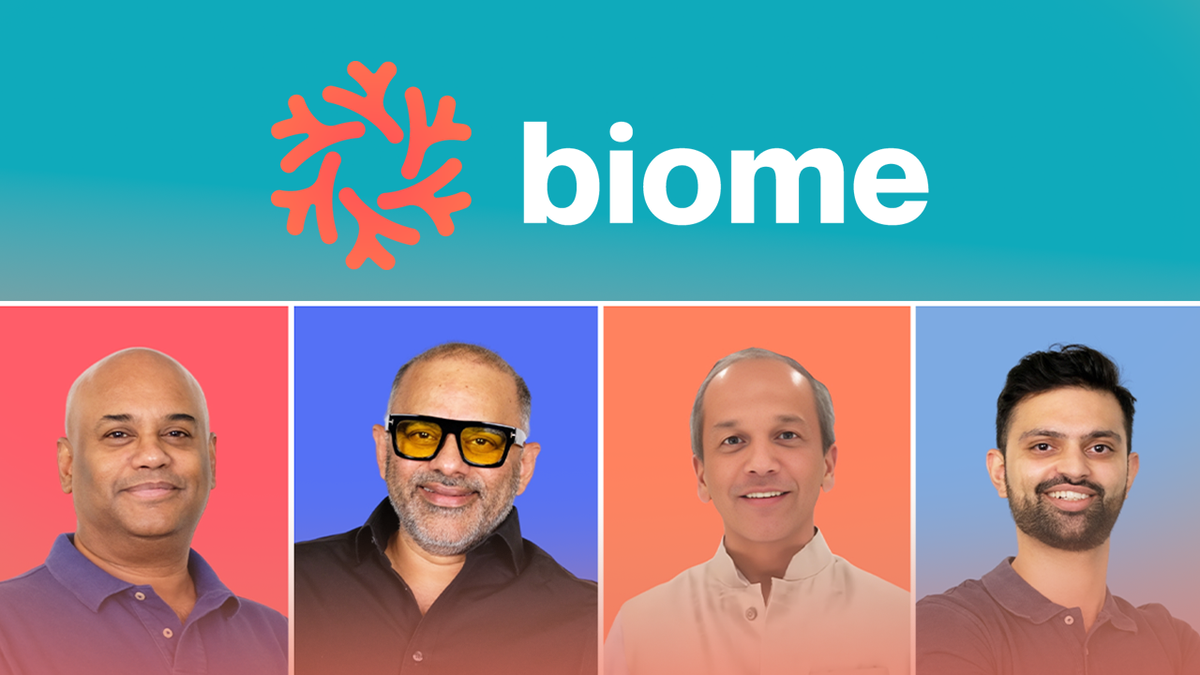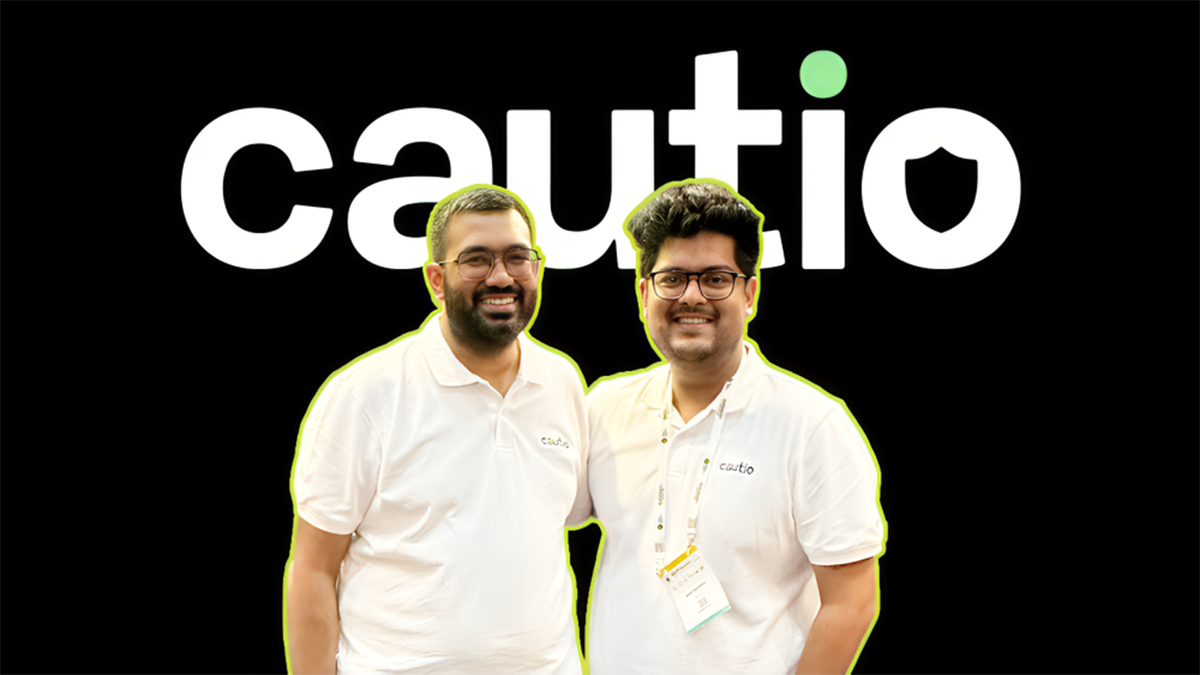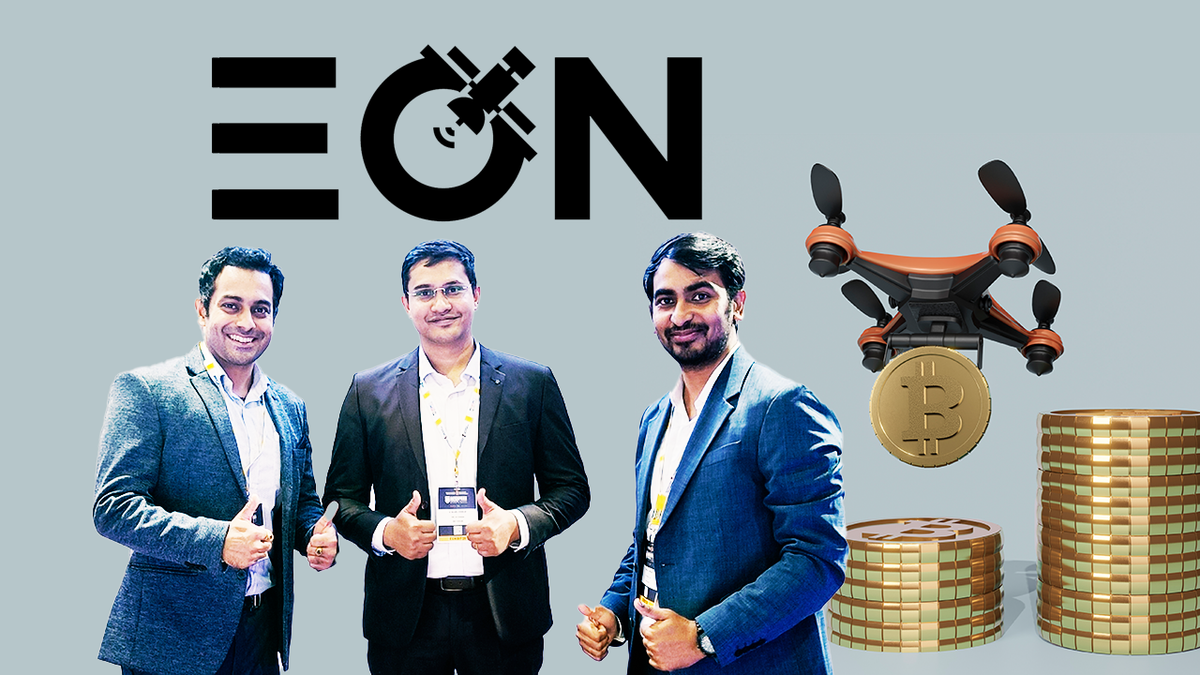AI’s Impact on Jobs: Insights from Harsh Goenka
AI has become a significant force in transforming employment landscapes, prompting RPG Enterprises Chairman Harsh Goenka to address the increasing anxiety surrounding potential job losses. He also highlighted the emerging opportunities that AI is set to create.
Goenka noted, “Everyone is concerned: Will AI take my job? What new roles will AI generate?” He believes that AI will revolutionise workplaces and create new positions such as Prompt Engineers, AI Product Managers, and AI Ethics Specialists. The competitive edge will belong to those who are most adaptable and intelligent.
His comments sparked a lively debate on social media, with mixed reactions. One user endorsed Goenka’s perspective, stating that AI does not inherently eliminate jobs, as guiding AI will still be essential. They emphasized, “AI has actually expanded the job market, which is why companies like Capgemini are now hiring fresh graduates. The role of AI Ethics Specialists is vital in distinguishing reality from artificial constructs, and it is humans who will guide AI’s development.”
Another individual shared a broader perspective, reflecting on the profound consequences of AI: “AI will undoubtedly disrupt our lives while introducing new applications. However, human emotions and connections will always remain crucial. In 20 or 30 years, when humanity has evolved further, there may be a desire to return to simpler village life.”
Additionally, a recent study by Microsoft Research provides an in-depth analysis of how AI could shape the future of work.
The research identifies 40 job categories that are most susceptible to disruption by AI and another 40 that are least likely to be affected. While this study focuses on roles within the U.S., experts suggest that the findings apply to both developed and developing nations.
Kiran Tomlinson, a Senior Researcher at Microsoft, explained, “Our research investigates which job categories can effectively utilise AI chatbots. It introduces an AI applicability score that assesses the alignment between AI capabilities and job responsibilities, illuminating areas where AI could alter work practices, rather than eliminate roles.”









